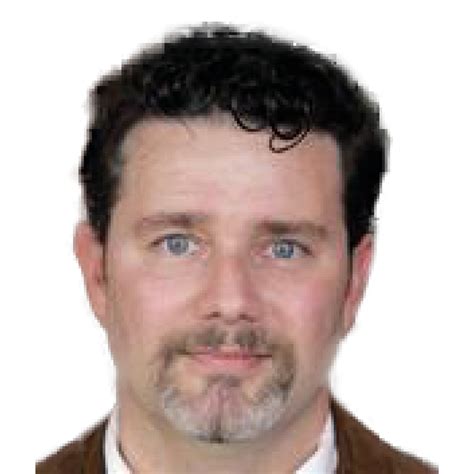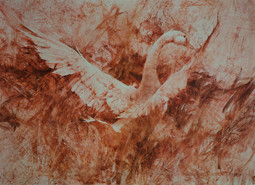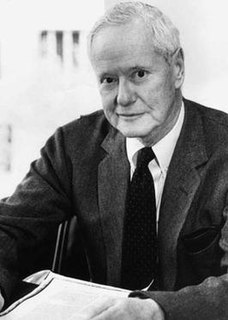A Quote by Tariq Ramadan
No civilisation can claim to have a monopoly on universal values and no one can claim to be always faithful to his own values.
Related Quotes
I look to Islamic ethics to find something that can provide the basis for shared values with other traditions, and ultimately universal values. This ties into the point I made in a book, 'The Quest for Meaning', that the only way for values to be universal is if they are shared universal values. My main point is, in this quest for value the aim is not to express your distinctness from others, but about being able to contribute to the discussion of universal value.
Genuine leadership is inherently moral. So the values chosen matter tremendously, and they must be values aligned with society (including the most universal statement of human values in history, the Universal Declaration of Human Rights, as well as clear values of sustainability evidenced in global declarations like the Stockholm and Rio Declarations.
Perhaps the most significant thing a person can know about himself is to understand his own system of values. Almost every thing we do is a reflection of our own personal value system. What do we mean by values? Our values are what we want out of life. No one is born with a set of values. Except for our basic physiological needs such as air, water, and food, most of our values are acquired after birth.
If I ask you who is the most famous scientist who ever lived, or the greatest scientist who ever lived you'll say either Einstein or Newton or something like that because their claims were supposed to apply universally. But the claim of somebody who is studying a particular feature of the evolutionary process like whether it's very fast or very slow, or occurs in steps and so on, that's not a universal claim, that's a rather specialised claim and so you can't claim to great fame and great success.
Only when he has published his ideas and findings has the scientist made his contribution, and only when he has thus made it part of the public domain of scholarship can he truly lay claim to it as his own. For his claim resides only in the recognition accorded by peers in the social system of science through reference to his work.





































